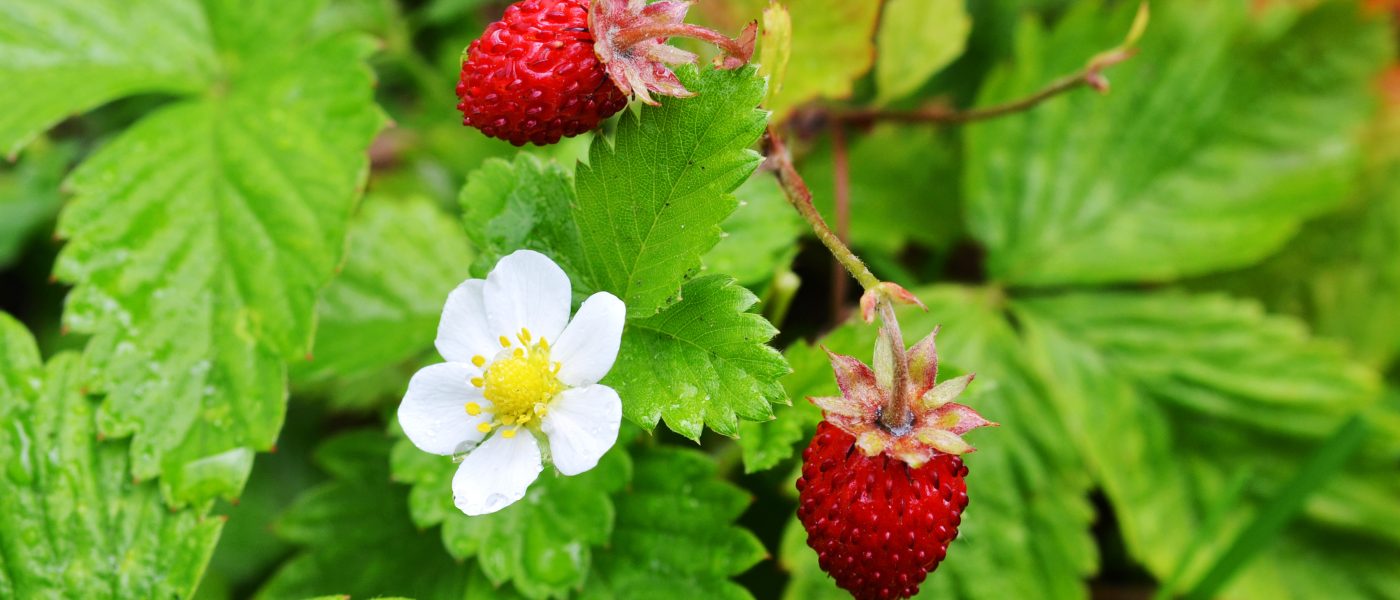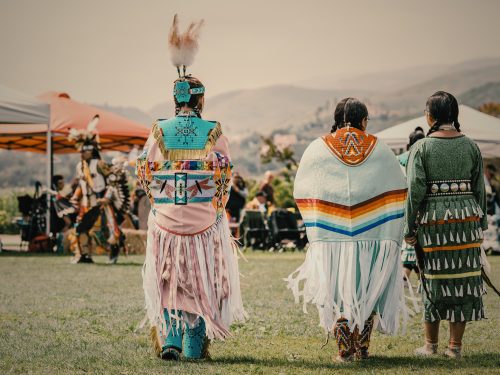
In the Ojibwe language, July is referred to as “Ode’imini-giizis,” which translates to “the Berry Moon” in English. This name reflects the seasonal significance of July within the Ojibwe cultural and natural calendar.
For the Ojibwe people, the Berry Moon represents the time when various berries reach their peak ripeness and become abundant for harvesting. July is a month when several edible berries, such as strawberries, blueberries, raspberries, and blackberries, are typically available for gathering in the region inhabited by the Ojibwe.
Berries hold significant cultural and dietary importance for the Ojibwe people. They are not only a delicious and nutritious food source but also carry spiritual and medicinal qualities. Berries are often used in traditional Ojibwe recipes, ceremonies, and healing practices.
The Ojibwe language incorporates a lunar calendar system that recognizes the cyclical changes of the moon as markers for different months. Each moon in the Ojibwe calendar is associated with specific natural phenomena, activities, or events that occur during that time of the year. The naming of the moons reflects the deep connection between the Ojibwe people and their natural environment, as well as their seasonal rhythms and traditions.
Therefore, the Berry Moon in July signifies the abundance of berries and the significance of their harvesting and utilization within Ojibwe culture during this particular time of the year.










